You are here
Members

Dr Parisa Dashtipour
I joined The Open University in September 2022 as a Lecturer in Psychology. In recent years, my research has focused on exploring psychological issues at work and in organizations from critical and psychosocial perspectives. I am currently working with colleagues internationally to strengthen approaches to organisational and work psychology that are more open and critical and that exist in the interest of workers and society. I am also interested in the critical use of psychoanalysis to interrogate mental health (for example, in the workplace), as well as social and political issues more broadly. My overarching interest is in subjectivity and, especially, the way in which subjectivity is shaped and wounded within oppressive social and organisational environments and power relations.
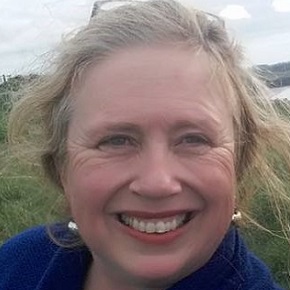
Dr Alison Davies
I’m a Postgraduate Research Associate in the School of Psychology, providing academic and research support for academic staff. This means I get to be involved in a whole range of really interesting projects.
My own academic background lies in the field of critical social psychology. I am interested in discourses of health and illness and how these are implicated with identity. My research and publication focus has been around the meanings of ADHD for those individuals and families affected by the condition. A recent project I have been involved in looked at the life-span narratives of women with ADHD. I’m particularly interested in the way that diagnoses can be used as a transformational resource to understand past lives and troubled identities.
I have collaborated on projects with research teams from WELS. These projects have included an evaluation of the Spinal Injuries Association’s peer support and a current collaboration focusing on fathers’ relationships with their disabled children.
When not at the OU, I work as a (registered) therapist and supervisor within a local community charity. I’m trained in psychodynamic methods, but I would describe my work as integrative now. I am interested in the relationship between somatic expression and psychological distress and am about to begin training in somatic trauma therapy.

Dr Gina Di Malta
I am a Counselling Psychologist practitioner and researcher. I started working as a lecturer in psychotherapy and counselling at The Open University in June 2019. My research is focused on the developments of psychotherapy, specifically looking at therapy elements that support or hinder clients’ processes in pluralistic and client-centred approaches. Research questions are oriented around what psychotherapy clients find helpful or unhelpful. Research topics explored so far have included goal-oriented practices, client preferences for therapy and preference accommodation, and relational depth. I use mixed methodologies to approach and answer research questions from different angles.

Dr Karen Hagan
I am a Senior Lecturer and Staff Tutor in The Open University School of Psychology & Counselling, based in Northern Ireland. As a regional academic in a Devolved Nation, I mainly work on teaching delivery. The role also involves liaising with local external organisations and institutions. I am currently Chair of the Northern Ireland Branch of the British Psychological Society, a Committee Member for the Political Psychology Section of the British Psychological Society and a member of the local branch of Psychologists for Social Change. I am particularly excited to have recently taken up a part-time 2-year secondment opportunity as ‘Access, Participation and Success’ Academic Lead, within the Equality, Diversity and Inclusion Team of the Faculty of Arts and Social Sciences. I am currently involved in research projects on bullying, coercion and manipulation; lived experiences of students with borderline personality disorders, mood disorders, autism and anxiety; and discourses in autism assessment and diagnosis.
I also have a professional qualification in social work and previously worked for 13 years in social care, mainly with adults with learning disabilities and mental health issues.

Dr Gini Harrison
I am an applied psychology researcher working across various different domains. My main research interests focus on mental health and wellbeing, and is concerned with the manifestation and support of mental health issues in cohorts who experience elevated levels of stress due to the context they are in. This work largely focuses on emergency responders and women in the perinatal period, but also included students, farmers and pilots. For example, I am currently involved in a large project exploring the wellbeing of the emergency responder community and their families, which is being carried out in close collaboration with Prof Graham Pike (OU), the King’s Centre for Military Health Research (KCL) and The Royal Foundation. Together we have conducted a comprehensive review of relevant research and provision of services for emergency responders and are now looking at how the gaps we identified might be better supported. This project also involved support from relevant charities and NGOs, particularly Mind, support which I have separately researched in collaboration with Dr Helen King and Graham. Much of my work is also concerned with understanding how we can used digital technology to better support mental health, and I have been involved in research into the implementation and effectiveness of eHealth tools to promote wellbeing. As part of this work, I recently built and launched an evidence-based website designed to inform and support women experiencing perinatal anxiety, and those who work with them (OpenPAWS.co.uk).
Beyond this, I am also interested in the ill-health effects of exposure to neurotoxic compounds (particularly organophosphates) in terms of general cognitive deficits and mood disorder.
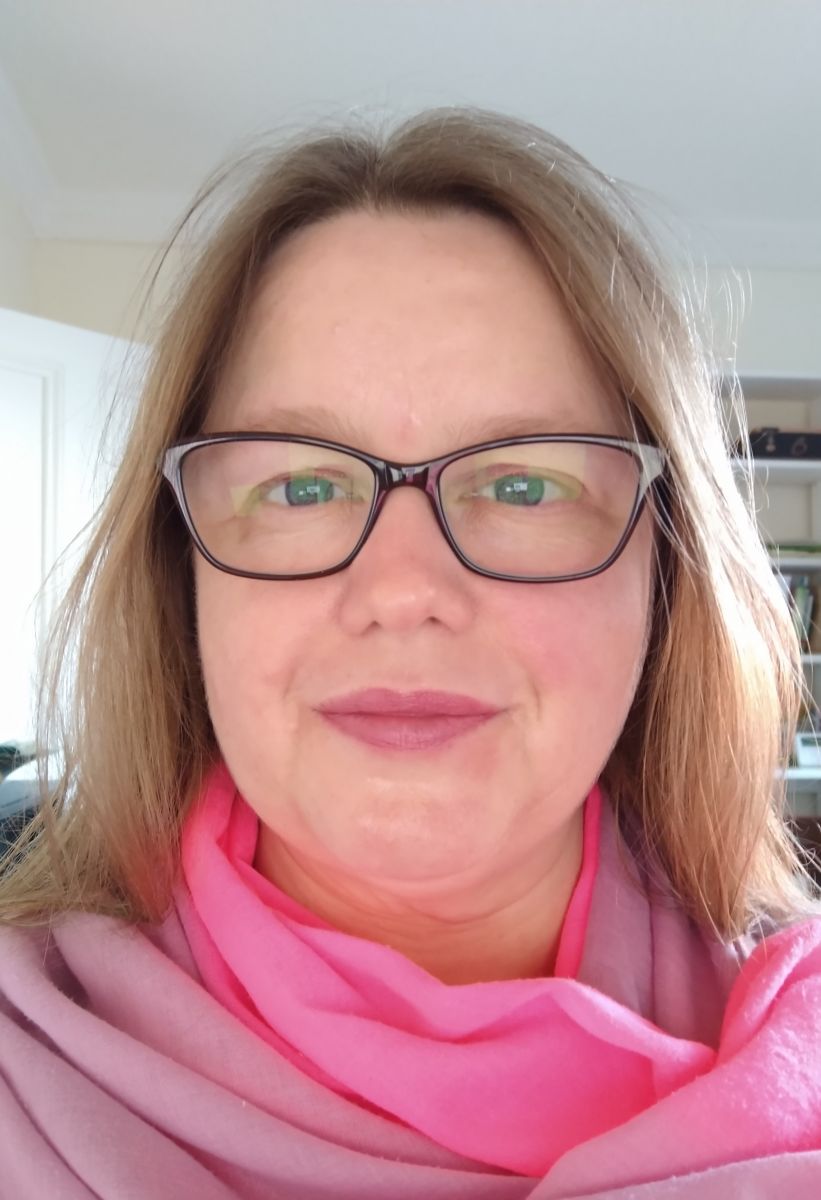
Dr Kerry Hughes
I am a Chartered Clinical Psychologist with 10 years’ experience in the NHS. My main areas of practice were with adults with learning disabilities in the community and in-patient services and working-age adults, initially within the community and later in in-patient services. My remit included working individually and using group work to help people in who had complex mental health issues. I have an interest in autism, which followed me into my work in the community and inpatient mental health wards. Multi-disciplinary working has also been a constant, especially in inpatient ward settings, where I ran reflective clinical supervision groups for the ward staff.
I have now moved into academia, currently as a Staff tutor in Psychology & Counselling. I have worked as a senior lecturer in psychological sciences on undergraduate and postgraduate programmes and as an Associate Lecturer for The Open University. For 5 years I was the Senior Tutor for the School of Natural and Social Sciences, a role that encompassed the pastoral aspects of work within the school. This involved collaborating with other senior staff on student wellbeing projects. I was also an Academic Link tutor for external counselling provision for 6 years, and an external examiner for psychology & counselling at the University of Bradford. ensuring quality and building connections between institutions.
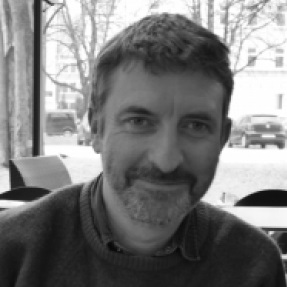
Dr David W Jones
I have a long standing interest in mental health issues. My first ‘career job’ was as part of a research team studying the impact of the closure of the psychiatric asylums. My Phd was a study of the psychological impact of serious mental illness on families.
Through this early work I became dissatisfied with narrow range of methods traditionally associated with psychological research methods. It was at this point that I became interested in developing specifically psychosocial methods and since then I have sustained a broad interest in the development of psychosocial thinking for the insight it gives to understanding the relationship of the individual to the wider social group, My particular interests have been in understanding when that relationship appears to be problematic - notably, for example in the contexts of mental health issues and in terms of criminality. I have also become increasingly interested in the importance of historical exploration as an important dimension of psychosocial understanding.
I am Joint Editor of the Journal of Psychosocial Studies, that has recently been adopted by Policy Press. I am a founding member and Treasurer of the Association for Psychosocial Studies.

Dr David Kaposi
I am a Senior Lecturer at the School of Psychology & Counselling and a psychotherapist accredited by the British Psychoanalytic Council. Originally trained as a social psychologist and with an interest in human meaning-making, my psychotherapeutic practice strongly influences my understanding of dynamics within and between people. Currently, the main empirical focus of my research concerns tape recordings of Stanley Milgram’s “Obedience to authority” experimental sessions; I am hoping that an analysis of the implicit, unacknowledged, un-conscious processes in these sessions can be further expanded into a psychosocial theory of violence which focuses on implicit processes. This project has recently been awarded with an ISRF Mid-Career Fellowship.
Having coordinated the group as a new research formation within the School of Psychology, I currently act as PHeW Research Strand Lead.
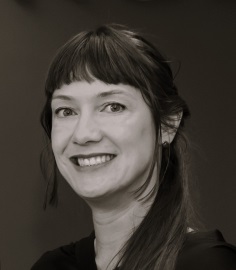
Dr Helena King
I’m a Lecturer in Management and Health in the Department for Public Leadership and Social Enterprise. My research is broadly on socio-environmental determinants of biopsychosocial health and tends to have an applied focus. The approach I take is a blend of medical sociology and qualitative environmental psychology, in that I look at interactions between place, culture and individual experience. I have a particular interest in HIV and mental health, health stigma in policing, and informal ways of organising healthcare, and am making efforts to understand i) interactions between health stigma, concealment practices and identity, and ii) the relatedness of outer and inner worlds on self-maintenance of health. My PhD and post-doc used an Ecosystem Services approach to understanding wellbeing linked to semi/natural environments. Recently I have been working on a health coaching and social prescribing study, psychological care standards for people living with HIV, and research on policing occupational health charities.

Professor Darren Langdridge
I am a Professor of Psychology within the School of Psychology & Counselling and also a UKCP accredited existential psychotherapist working in private practice. I have two strands to my research programme, one focused on health and the other on sexual cultures with both underpinned by an interest in developing and deploying qualitative methodologies and critical social theory. Recent health focused projects include: (i) work developing a methodology for the analysis of affect within public health intervention materials with a team led by Prof Flowers (Strathclyde Uni) examining anti-microbial resistance interventions; and (ii) the application of this same methodology on intervention materials designed to increase HIV testing for men who have sex with men with a team led by Prof McDaid (Glasgow Uni) and Prof Flowers. I have also recently completed a project on a novel sexual sub-culture known as ‘puppy play’ (with Dr Jamie Lawson, Bristol Uni) and I am currently finalising a major monograph on sexual citizenship.
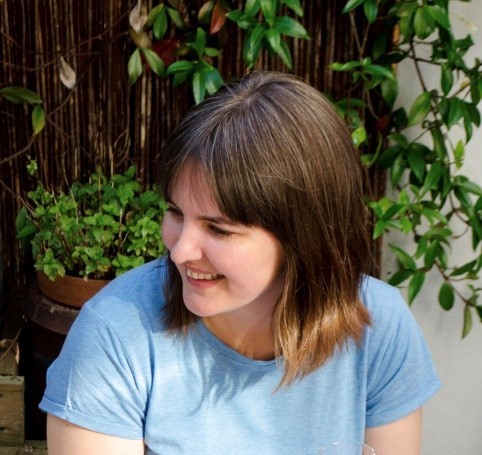
Dr Laura McGrath
I am a Lecturer in Psychosocial Mental Health, from the School of Psychology & Counselling. My research has primarily looked at the role of the environment in experiences of mental distress, care and recovery. I mainly take a qualitative approach to research, using a variety of visual and verbal methodologies to explore experiences of space, place and mental distress. I am interested in community and non-clinical approaches to distress, care and recovery and have worked in partnership with services and projects on evaluations in these areas. My work is interdisciplinary, drawing on social, community and critical psychology, as well as human geography and social theory, to explore psychosocial and material aspects of mental health experiences.

Professor Naomi Moller
Having trained as a Counselling Psychologist, my research interests are broadly focused on counselling and psychotherapy practice and mental health and wellbeing. I have a particular interest in relationship functioning for couples and families and the therapy experiences of stigmatized populations.
Current research projects include: healthcare for trans and non-binary adults, the switch to online therapy resulting from COVID-19, infidelity and intimacy in online spaces, perceptions of mental health in a work context, outcomes of couple counselling in a large community sample, and the qualitative story completion method.
I have historically working as Joint Research Lead for the British Association for Counselling and Psychotherapy and I am the current UK Chapter President for the Society for Psychotherapy Research (term runs to 2023):

Professor Graham Pike
I have a broad range of research interests and those focusing on the psychology of health and wellbeing have largely concentrated on two areas: the mental health and wellbeing of the emergency responder community, including their families; and the role of technology and gaming in supporting mental health. My work on the emergency responder community is done in close collaboration with Gini Harrison (OU), the King’s Centre for Military Health Research (KCL) and The Royal Foundation. Together we have conducted a comprehensive review of relevant research and provision of services for emergency responders and are now looking at how the gaps we identified might be better supported. This project also involved support from relevant charities and NGOs, particularly Mind, support which I have separately researched in collaboration with Helen King and Gini. In terms of technology, I have worked with Martin Thirkettle (SHU) and Darren Langdridge (OU) to develop an iOS/Android App that used a gamification approach to study circadian rhythms and cognitive function, and citizen science oriented work that has explored the COVID 19 pandemic. The two areas of emergency responders and technology were bought together in a project I conducted with Hannah Marston and Ian Hesketh (National Police Wellbeing Service) which looked at how Health Apps are being used to support the mental health of blue light personnel.
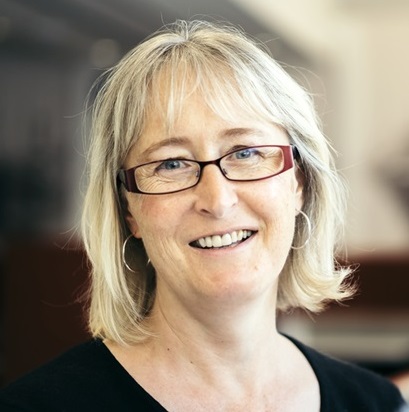
Dr Heather Price
As a psychosocial practitioner and researcher, I am concerned with the ways in which individuals influence (and are influenced by) interpersonal relationships and wider group and socio-cultural processes. I consider how emotions are theorized within the mental health field and have a particular interest in psychoanalysis.
I recently led a research team commissioned by the Mulberry Bush Organisation to study the key constituents of the Mulberry Bush’s ‘reflective practice’ training model for therapeutic childcare and specialist educational practitioners. The Bush is one of the original therapeutic communities for children and supports those of primary school age who have experienced severe trauma. I previously led a qualitative study of the Mulberry Bush’s therapeutic provision which included the views of children at the school.
I worked with Dr Eric Ansong and the London Bubble Theatre Company to evaluate ‘Speech Bubbles’, a speech, communication and language needs drama intervention at Key Stage One. With Alice Sampson, she also co-led the evaluation of ‘Tottenham Thinking Space’. Now ‘Haringey Thinking Space’, TTS is an award-winning community therapy project set up by Haringey Council and the Tavistock and Portman NHS Trust in the wake of the 2011 riots, to build strength and resilience in local neighbourhoods.
I am also a BACP registered Couple and Individual Psychodynamic Psychotherapist.
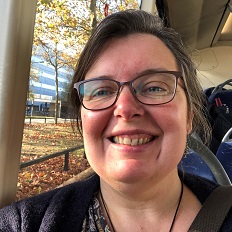
Melanie Rimmer
I am an Associate Lecturer and Post Graduate Researcher. My research interests are in disability studies, particularly learning disabilities. As an autistic person with ADHD, anxiety and depression, disability justice is important to me personally, and I am interested in radically inclusive and participatory research methods. I also bring a disability justice sensitivity to my teaching praxis.
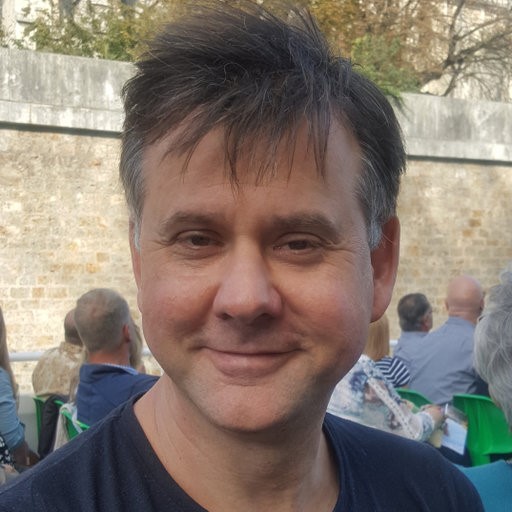
Dr Andreas Vossler
I am a Senior Lecturer in the School of Psychology at The Open University, a Chartered Psychologist as well as a trained systemic couple and family psychotherapist. As an experienced trainer and presenter, I have published 7 authored/edited books and over 40 book chapters and peer-reviewed journal papers in different languages. I have been conducting research on family and couple counselling and the impact of digital technology on intimate relationships for over 10 years. Currently my research activities are focussed on the way relationship meanings/practices are shifting in the internet age and clients’ and practitioners’ experiences of online therapy.